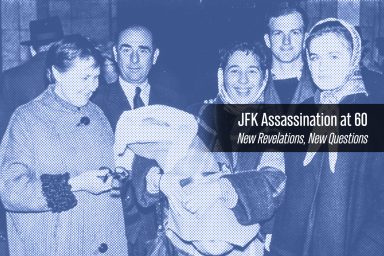Blackwater may have become a symbol of all that can go wrong when government contractors outnumber trained military personnel, but what really happened in the killing fields of Iraq and Afghanistan? WhoWhatWhy’s Jeff Schechtman sits down with Blackwater founder Erik Prince to discuss the history and future of “outsourced” warfare.
Can the government wrap its arms around so many arms? In the post 9/11 world, America’s military/industrial/intelligence complex (MIC) has grown so large and diverse that even insiders have trouble explaining its many functions and players.
The fact that so much of it is shrouded in secrecy only fuels the public’s misgivings and misunderstandings. Such was the case with Blackwater and its founder, Erik Prince, when Blackwater guards killed 17 civilians in Baghdad’s Nisour Square, in the name of self-defense.
At the height of the conflicts in Iraq and Afghanistan, contractor personnel came to outnumber troops in the theatre of war. Blackwater, though not even the largest contractor, became the symbol of that situation. While some of the reasons for public dismay were justified, others were not. Find out what really happened, as WhoWhatWhy’s Jeff Schechtman discusses the ways of government contractors and the future of outsourced warfare with Blackwater founder, Erik Prince.



